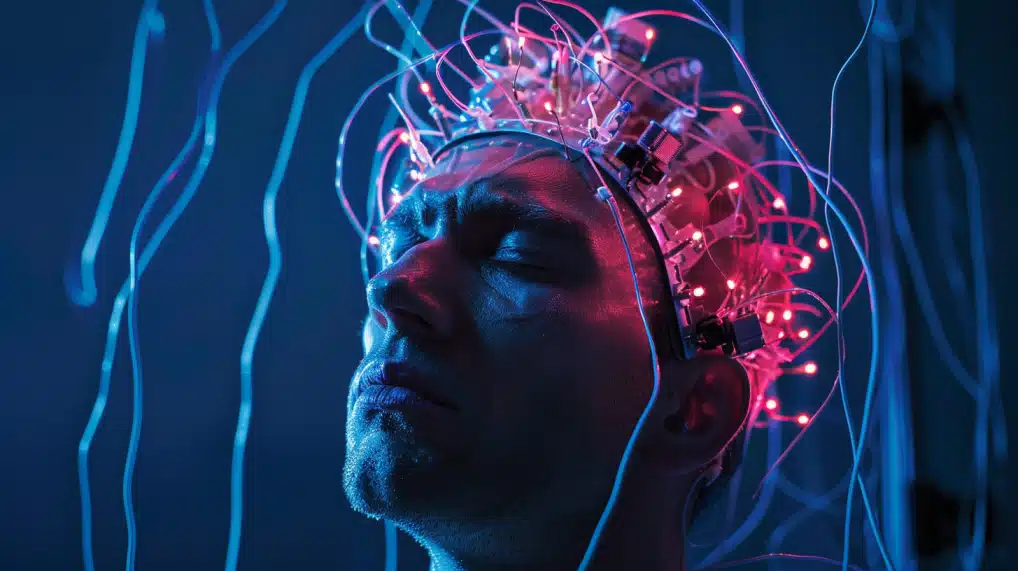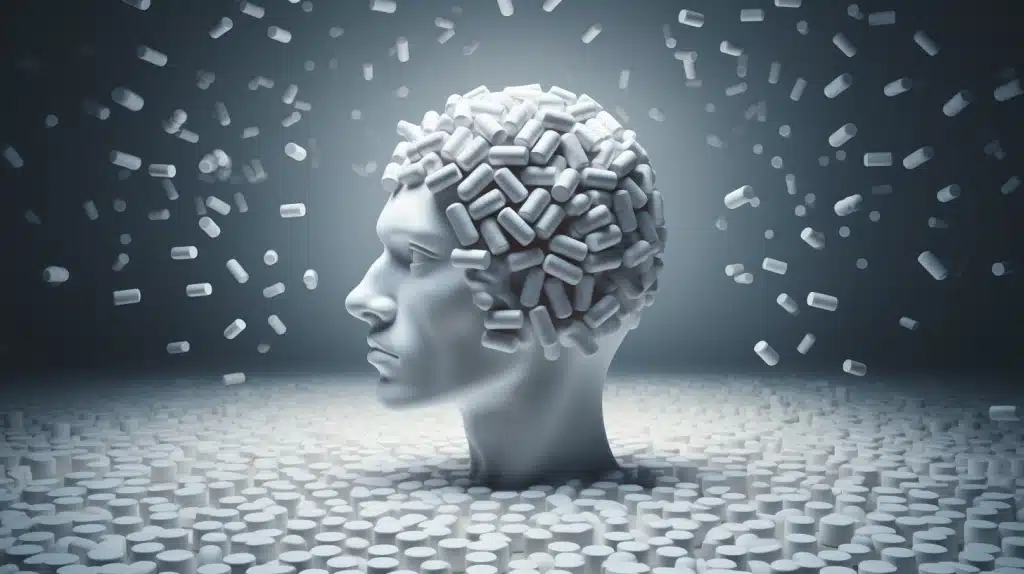Personalized TMS for Psychiatric Disorders: Targeting Functional Connectivity (FC) in the Brain (2024 Review)
Transcranial Magnetic Stimulation (TMS) has emerged as a beacon of hope in the realm of psychiatry, offering a non-invasive alternative for treating psychiatric disorders. The variability in treatment outcomes highlights the necessity for advancements in personalized approaches. A recent paper analyzed the potential of personalized TMS protocols (customized based on individual brain connectivity) may help …






